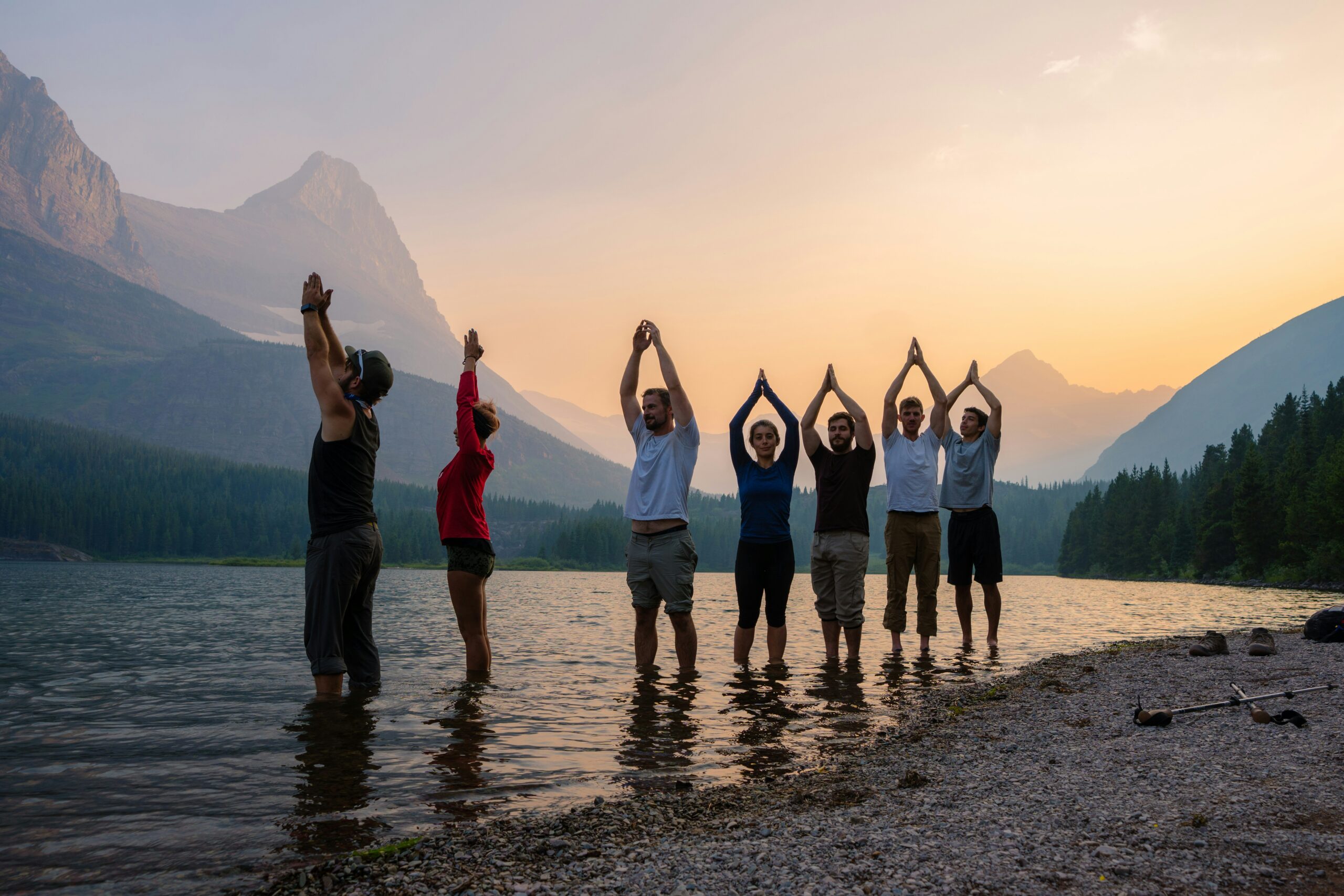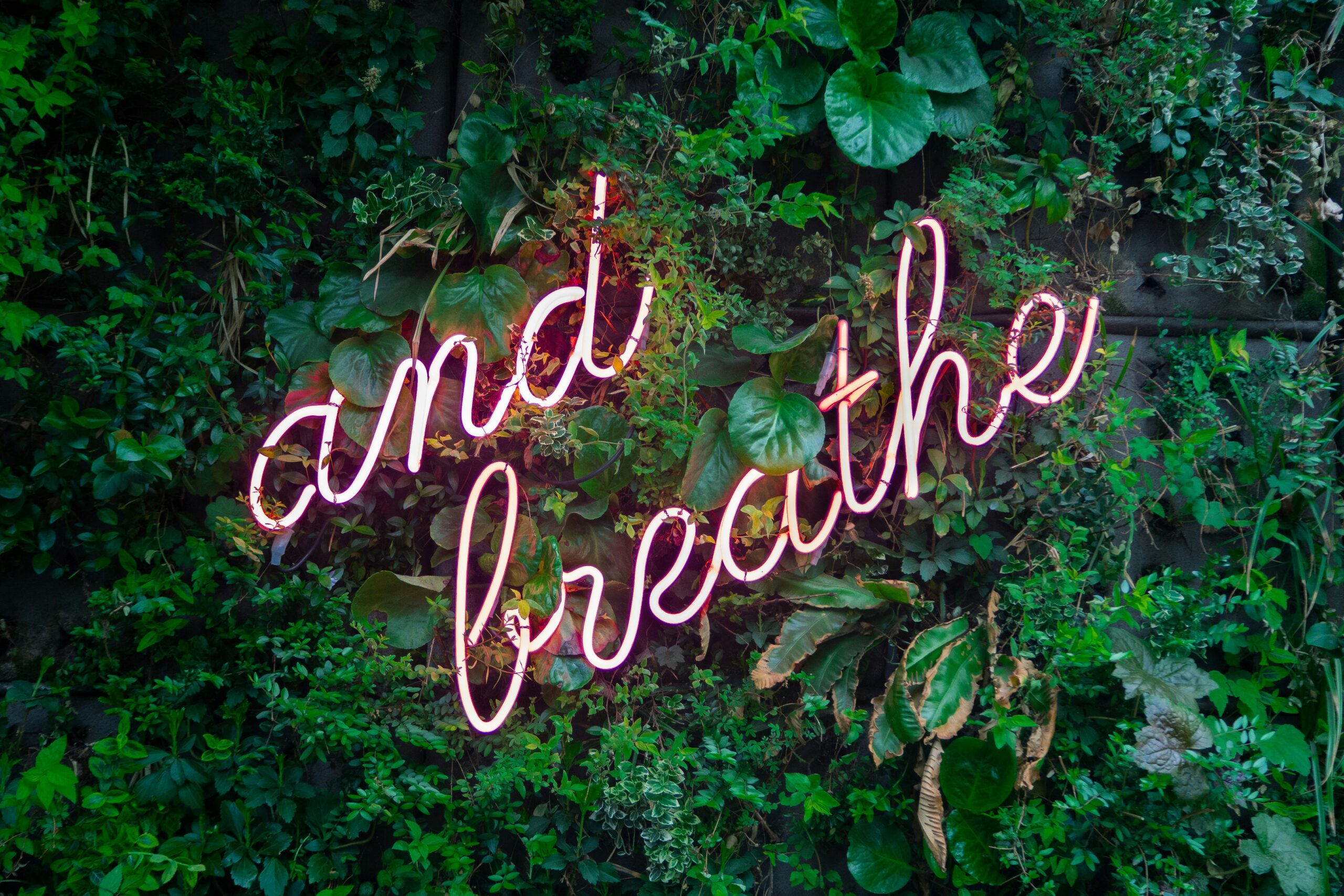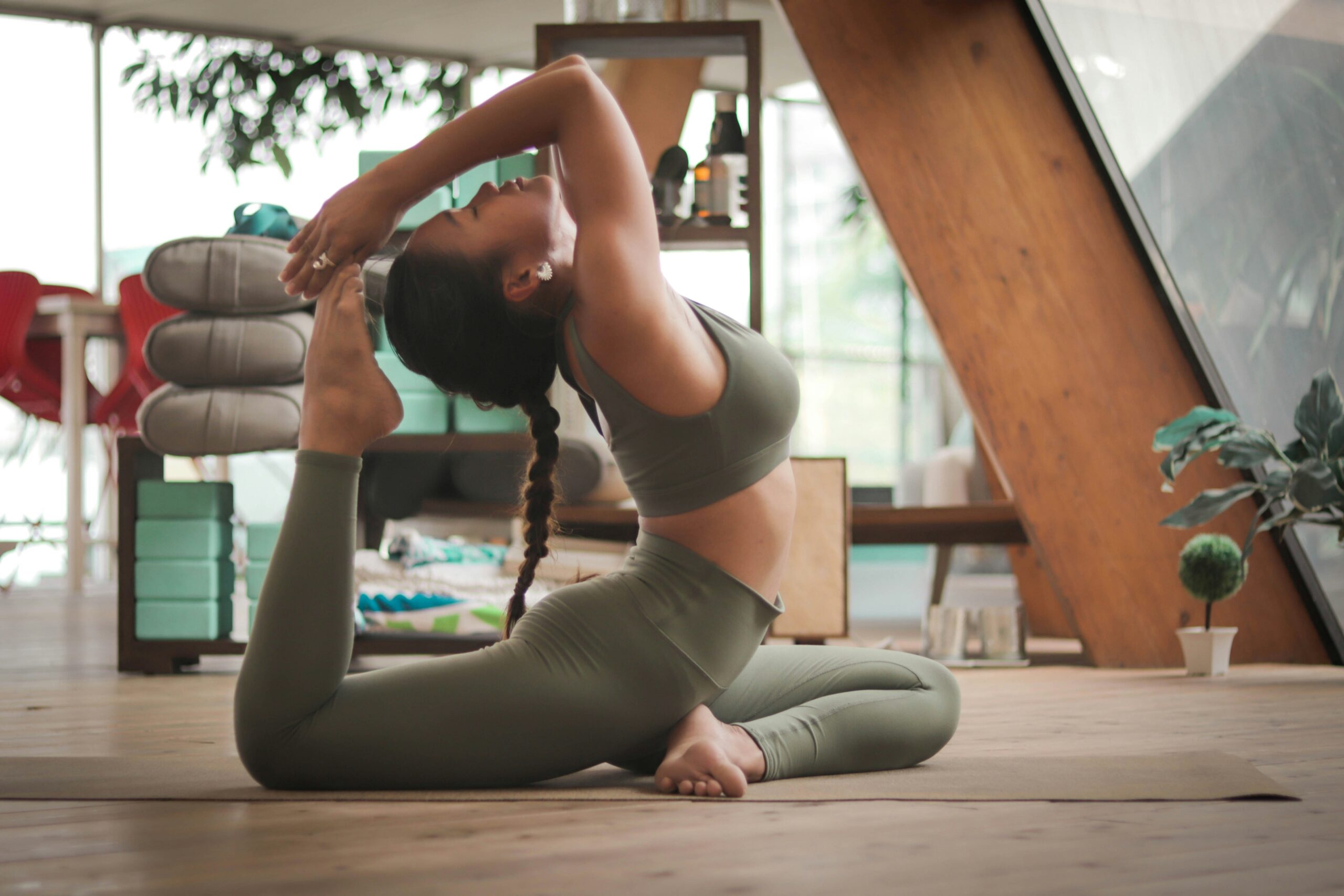Life in 2025 feels like a constant scroll. Your phone buzzes before you even brush your teeth, the news cycle never pauses for breath, and somewhere between chasing career goals and staying socially relevant, your mind starts to feel like it’s running a marathon it never signed up for. Burnout is no longer a quiet confession—it’s a collective reality. Almost everyone, in some form, is living through it.
While vacations may offer a brief escape, many are discovering they need something deeper—a pause that restores, not distracts. This is where a mental health retreat steps in. It’s less about luxury and more about liberation. It’s a chance to step off the hamster wheel, quiet the noise, and give your mind the kind of reset that Netflix binges and weekend brunches simply can’t deliver.
Unlike a quick getaway, which often comes with airport chaos, overpacked itineraries, and the pressure to “make the most of it,” a mental health retreat is designed with intention. The goal isn’t to flee your life, but to reconnect with yourself in a space built for stillness and reflection. And that shift, from getting away to going inward, is precisely what makes these retreats one of the most relevant and necessary wellness practices of our time.
What is a mental health retreat?
A mental health retreat is far more than a luxury vacation framed by scenic backdrops; it’s a carefully structured experience designed to nurture both mental and emotional well-being. Every element, from the schedule to the setting, serves a purpose. Some retreats are guided by licensed professionals and incorporate therapy sessions, workshops on emotional resilience, or mindfulness training. Others take a more holistic route, offering sound baths, meditation, forest walks, or creative exercises that help participants unearth what daily life often buries beneath deadlines and distraction.
The true power of these retreats lies in their intentional design. They provide a safe, restorative space that’s free from constant digital noise, workplace demands, and the pressure to perform socially. For many, that first encounter with silence or uninterrupted thought can feel disorienting at first. Yet, it’s within that stillness that healing begins to take root.
What’s behind the drive for this retreat?

The growing popularity of mental health retreats isn’t accidental; it’s a reflection of cultural timing. Millennials came of age in the height of hustle culture, a time when 80-hour workweeks were glorified and “no days off” was worn like a badge of honor. But fast forward to today, and many are beginning to question what all that hustle has truly cost.
Gen Z, by contrast, has entered adulthood with a different ethos. Here, they value boundaries, balance, and emotional transparency. They’ve normalized therapy conversations, shared burnout stories on TikTok, and challenged the notion that constant productivity is the ultimate flex.
This generational overlap, Millennials seeking recovery and Gen Z insisting on prevention, is what’s propelling the retreat movement forward. No longer seen as indulgences reserved for the privileged few, mental health retreats are being reframed as responsible investments in long-term energy and creativity. Saying “I need time away” has evolved from a sign of weakness into a declaration of wisdom—a modern marker of emotional maturity.
The healing process

Surface-level rest simply doesn’t cut it anymore. A weekend nap can’t undo months of chronic stress or emotional fatigue. At a mental health retreat, healing is immersive—it asks for your presence, not just your time. Silence itself becomes medicine, slowing down racing thoughts that have been on autopilot for far too long. Guided journaling prompts invite participants to unpack emotions they’ve neatly avoided, while group circles foster a rare sense of solidarity, reminding everyone that they’re not alone in their struggle.
Even the simplest rituals, such as waking without an alarm, walking barefoot in nature, or sharing meals in mindful silence, begin to recalibrate a nervous system stuck in survival mode. This is where deeper healing takes root: in stillness, connection, and intentional practice. And its impact lingers long after you leave. Instead of a fleeting sense of refreshment, you return home with tools to regulate anxiety, manage overwhelm, and recognize early signs of burnout. That kind of transformation doesn’t fade when the retreat ends. It reshapes how you move through life.
It is a time for shifts

As noted earlier, the rise of mental health retreats is part of a larger cultural shift. For older generations, taking a break for your mental health was often stigmatized or dismissed as weakness. Today, openly prioritizing emotional well-being signals intelligence, self-awareness, and strength. This evolution mirrors broader societal changes in how we define wellness. Workplaces are experimenting with “mental health days,” influencers are sharing unplugged weekends, and wellness communities are reframing rest as a productive, even necessary, practice.
Mental health retreats embody this new narrative in its most tangible form. They send a powerful message: your worth isn’t measured by how much you produce, but by how well you care for yourself so that you can show up fully, with clarity and presence, in every aspect of life.
Do mental health retreats work?

The effectiveness of mental health retreats isn’t just hype—it’s supported by research. Studies show that structured retreats can lower cortisol levels, improve focus, and increase resilience against future stress. Participants often report feeling lighter, more creative, and more present long after returning home. Unlike short-term distractions, the intentional practices embedded in these retreats are designed to have a lasting impact. Of course, not every retreat suits every individual. Some may thrive in therapy-centered programs, while others benefit more from holistic approaches with meditation, movement, and mindfulness. What remains constant is the message: rest and reflection are not indulgences. They are essential tools for long-term mental health.
Appreciating the value of a mental health retreat isn’t about romanticizing it; it’s about acknowledging that the mind, like the body, requires deliberate care. Without it, stress compounds, eventually manifesting as illness, irritability, or complete exhaustion. Retreats offer a crucial pause before reaching that breaking point. For millennials, they provide a path to unlearn decades of grind culture and reclaim joy. For Gen Z, they resonate with a commitment to balance and authenticity. And for both generations, the takeaway is clear: slowing down doesn’t signal laziness. It ensures sustainability.
A real-life rebrand

The truth is, you don’t need a plane ticket to Bali to capture the essence of a retreat. While luxury options abound, more accessible versions are emerging everywhere—from rural eco-lodges to weekend programs just outside the city. Some people even craft at-home retreats, carving out a digital detox weekend complete with nourishing meals, meditation, and dedicated time for creative expression. Ultimately, the heart of a retreat isn’t the destination—it’s the intention. It’s about giving your mind the space to breathe, reflect, and heal in ways your regular schedule rarely allows.
When we talk about mental health retreats, we’re really talking about a cultural reset. In a world obsessed with constant output, choosing to pause becomes an act of resistance. It matters because it reinforces a simple truth: peace of mind is as vital as physical health, financial success, or career milestones. Protecting your mental space isn’t selfish. It’s foundational. Perhaps that’s the lesson Mental Mondays seeks to highlight: your mind deserves a retreat just as much as your body deserves sleep.
Featured image: Ridofranz/iStock
Medical Disclaimer
All content found on the StyleRave.com website, including text, images, audio, video, and other formats, is created for informational purposes only. The content is not intended to be a substitute for professional medical advice, diagnosis, or treatment. If you think you may have a medical emergency, please call your doctor, go to the nearest hospital, or call 911 immediately, depending on your condition.
For the latest in fashion, lifestyle, and culture, follow us on Instagram @StyleRave
—Read also
